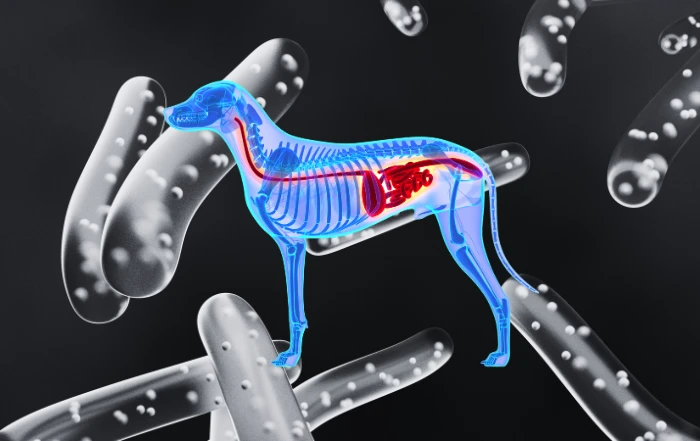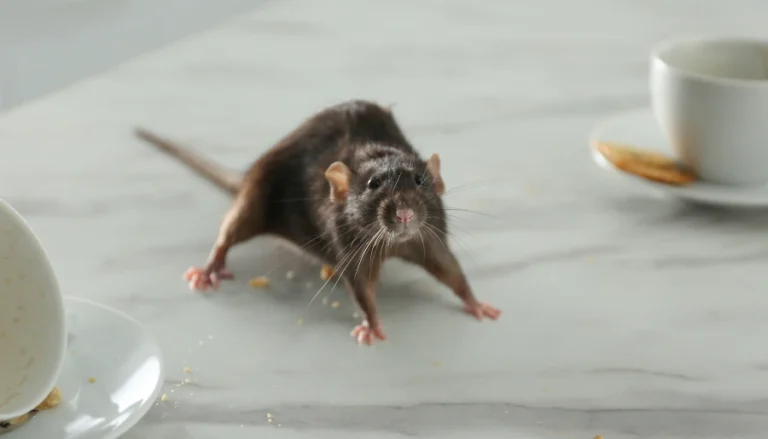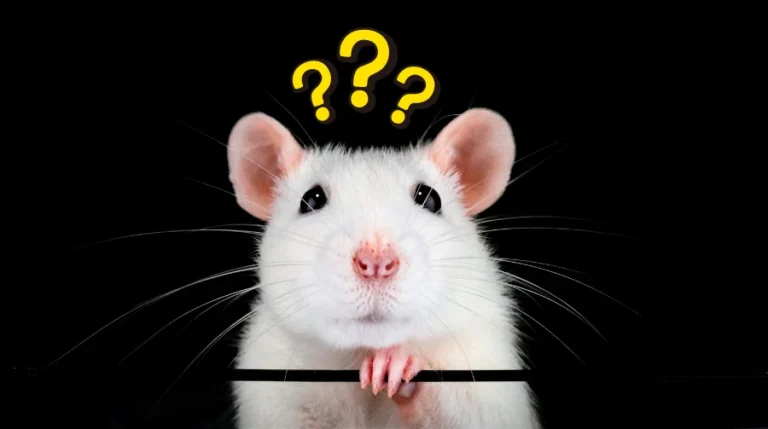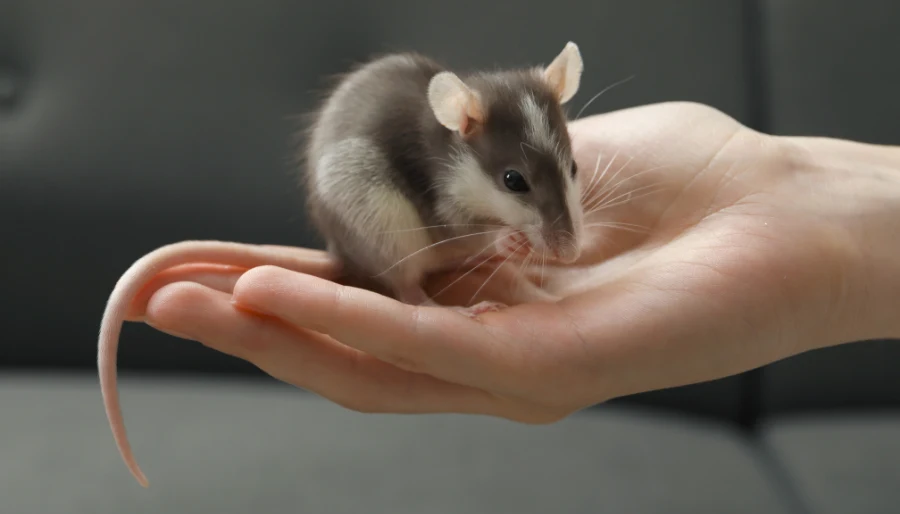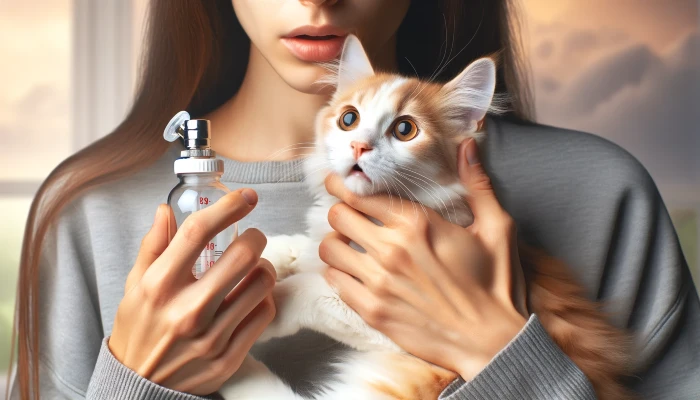Probiotics have become a hot topic in the world of pet health, promising numerous benefits for our beloved companions. But what exactly are probiotics, and how can they benefit our pets?
In this comprehensive article, we’ll delve into the pros, cons, and insights of using probiotics for pets, supported by scientific studies and notable endorsements.
We’ll explore what pet owners should consider before starting their furry friends on probiotics, best practices for administration, and even uncover famous individuals who have embraced the power of probiotics for their pets.
What Are Probiotics?
Probiotics are live microorganisms that, when administered in adequate amounts, confer health benefits to the host. In simpler terms, they are “good bacteria” that promote a healthy balance in the gut flora. Just as humans can benefit from probiotics, our pets can also experience improvements in their overall well-being.
The Pros: Benefits of Probiotics for Pets
Gut Health: Probiotics support a healthy digestive system by maintaining a balanced gut flora. They can aid in reducing gastrointestinal issues such as diarrhea, constipation, and irritable bowel syndrome.
Immune Support: The majority of the immune system resides in the gut, and a healthy gut microbiome plays a crucial role in immune function. Probiotics can boost the immune response, helping to prevent infections and support overall immunity in pets.
Allergy Relief: Probiotics have shown promising results in managing and reducing allergies in pets. They can help modulate the immune response, potentially alleviating symptoms such as itching, inflammation, and skin irritation.
Enhanced Nutrient Absorption: Probiotics assist in the breakdown and absorption of nutrients from food, ensuring that your pet receives maximum nutrition from their diet.
Stress and Anxiety Reduction: Probiotics may have a positive impact on your pet’s mental well-being. Research suggests that a healthy gut microbiome can influence mood and behavior, potentially helping to reduce stress and anxiety-related issues.
The Cons: Considerations and Potential Risks
Individual Sensitivities: Just like humans, pets may have individual sensitivities or allergies to specific strains of probiotics. It’s essential to monitor your pet’s reaction when introducing a new probiotic and consult with a veterinarian if any adverse effects occur.
Quality Control: Not all probiotics are created equal. The quality and efficacy of probiotic supplements can vary significantly. Look for reputable brands that undergo rigorous testing and provide specific information about the strains and colony-forming units (CFUs) in their products.
Underlying Health Conditions: While probiotics can be beneficial for many pets, they may not be suitable for those with severe health conditions or compromised immune systems. Always consult with your veterinarian before starting probiotic supplementation, especially if your pet has pre-existing health issues.
Best Practices for Probiotic Administration
Consult with a Veterinarian: Before introducing probiotics to your pet’s regimen, consult with a veterinarian who can evaluate your pet’s specific needs, health history, and recommend appropriate strains and dosages.
Choose the Right Probiotic: Look for probiotics specifically formulated for pets, as their gut flora differs from humans. Opt for products that provide detailed information about the strains, CFUs, and have good manufacturing practices (GMP) certification.
Gradual Introduction: Start with a small dosage of probiotics and gradually increase it over time. This allows your pet’s digestive system to adjust and reduces the likelihood of gastrointestinal upset.
Consistency is Key: Consistently administer the recommended dosage of probiotics to ensure maximum benefits. The effects of probiotics are cumulative, and long-term use may be necessary for optimal results.
Probiotic Foods for Pets
You don’t have to rely on supplements if you want to focus up on your cat or dog’s digestive health!
While probiotic supplements are commonly used, incorporating probiotic-rich foods into your pet’s diet can offer additional benefits and isn’t as hard as you may think (even with cats).
Here are some natural food sources that can enhance your pet’s gut health:
Kefir
Kefir, a cultured and fermented beverage similar to yogurt, is a fantastic source of live and active cultures. It contains a combination of yeasts, milk proteins, and bacteria.
While dairy milk is commonly used, alternatives like coconut milk or coconut water can be suitable for pets with dairy sensitivities.
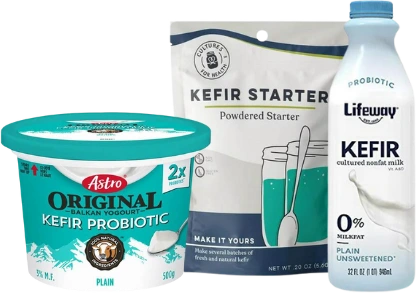
Look for unsweetened and organic options at your local health food store or grocery.
Feeding guidelines for kefir:
- Small dogs or cats: 1 teaspoon to 1 tablespoon per day
- Medium dogs: 1 to 2 tablespoons per day
- Large dogs: 2 to 3 tablespoons per day
Probiotic-Rich Veggies and Fruits
Including vegetables and fruits in your pet’s diet not only provides valuable phytonutrients but also natural probiotics.
Consider incorporating the following options:
- Dandelion greens
- Asparagus
- Bananas
- Apples
Opt for organic choices whenever possible, and add a few bites of these veggies and fruits to your pet’s bowl a few times a week. They can be served raw, puréed, or steamed.
Fermented Vegetables

Fermented vegetables, like sauerkraut and fermented carrots, are packed with probiotic cultures, making them an excellent choice as a puppy probiotic. Look for options at your local health food store, or consider making your own at home using leftover food scraps.
Start small, with approximately half to one teaspoon per 20 pounds of your pet’s weight. You can gradually increase over time as your pet becomes accustom.
Introduce fermented veggies slowly to allow your pet’s digestive system to adjust to this new addition.
Remember, these natural probiotic foods can complement a balanced diet but should not replace proper veterinary care. If you have concerns about your pet’s health or dietary needs, consult with a veterinarian for personalized advice.
By incorporating probiotic-rich foods into your pet’s meals, you can support their gut health naturally and enhance their overall well-being.
More To Discover
- Blue Ridge Beef Expands Pet Food Recall in 16 States Over Salmonella and Listeria Risks
- Pioneering Anti-Aging Pill for Dogs Begins Trials, with 11-Year-Old Whippet Boo Leading the Pack
- The Importance of Your Pet’s Dental Health: More Than Just a Winning Smile
- 10 Common Mistakes People Make with Crate Training a Puppy
Notable Supporters & Conclusion
Probiotics have garnered attention from famous pet owners who have witnessed the positive impact of these supplements on their furry companions. Celebrities such as Oprah Winfrey and Martha Stewart have mentioned incorporating probiotics into their pets’ wellness routines, emphasizing the potential benefits they offer.
Probiotics have emerged as a powerful tool in promoting optimal health and well-being for our pets. The benefits they provide, from supporting gut health and immunity to alleviating allergies and stress, make them an appealing option for pet owners seeking natural and holistic approaches to pet care.
However, it’s crucial to approach probiotic use with caution, considering individual sensitivities and consulting with a veterinarian. By incorporating probiotics into your pet’s routine with care and diligence, you can enhance their overall health, happiness, and vitality. Remember, a healthy gut means a happy pet!








